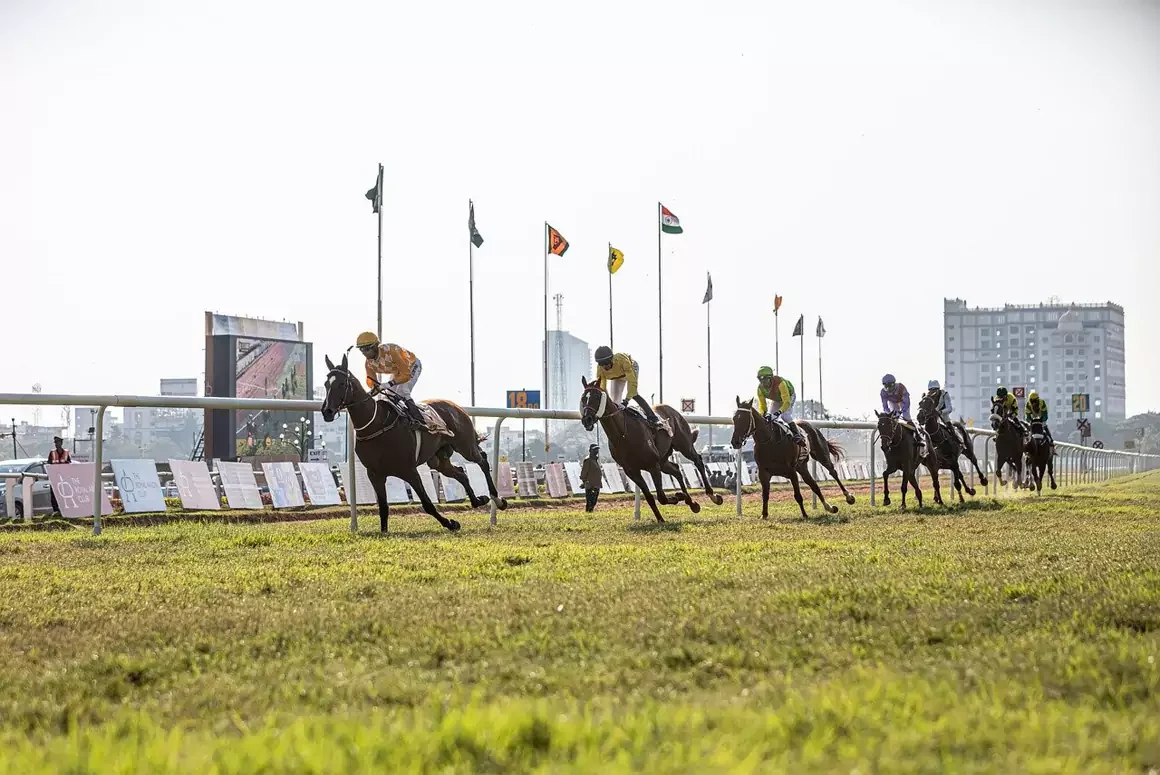Racing sports have deep roots in British culture, with greyhound tracks representing a long-standing tradition across the United Kingdom. The recent announcement from Wales about banning greyhound racing has sparked nationwide conversation about the future of this sport and its place in modern society.
A decisive move toward animal welfare is emerging in Wales, as Huw Irranca-Davies signals the potential conclusion of greyhound racing in the principality. Driven by overwhelming public sentiment, a grassroots campaign has successfully marshaled 35,000 supporters demanding an end to the controversial sport. Political representatives from multiple parties have joined the chorus, calling for a comprehensive ban on dog racing.
For those checking in on the Lucky 15 tips for tomorrow, the racing world looks increasingly complex. The Welsh Liberal Democrat leader, Jane Dodds, noted the ban was part of a political agreement to pass the Welsh government’s 2025-26 budget. This political maneuvering adds an intriguing layer to the decision.
UK Culture Secretary Lisa Nandy swiftly addressed the Welsh development. Speaking to parliamentarians, she highlighted the “joy” associated with greyhound racing and its economic significance. Her position stood firm: there are “absolutely no plans whatsoever to ban greyhound racing” across the United Kingdom. This categorical statement offers clear backing to racing enthusiasts.
During a parliamentary debate, shadow culture minister Louie French challenged Nandy about the divergence between Welsh and UK government perspectives. He emphasized the sports minister’s previous comments on greyhound racing’s cultural and economic significance. Nandy remained resolute, concurring with the sports minister and reaffirming the absence of a nationwide prohibition.
The Welsh administration intends to establish an implementation group to craft detailed proposals. Irranca-Davies cited international examples, specifically New Zealand’s recent December decision to end the sport.
Animal welfare charities celebrated the news. The Dogs Trust called on England, Scotland, and Northern Ireland to follow Wales’s lead. Yet, the Greyhound Board of Great Britain (GBGB) pushed back hard, claiming the decision stems from “pressure from the extreme animal rights movement” rather than genuine welfare concerns.
The announcement highlights the complex balance between animal welfare and sporting tradition. While Wales moves toward prohibition, the rest of the UK maintains support for greyhound racing. The GBGB continues to argue for the sport’s cultural and economic significance, emphasizing its importance to local communities.
The 35,000-signature petition demonstrates significant public concern about greyhound racing. It reflects a broader societal shift toward more ethical treatment of animals in sporting contexts. At the same time, supporters argue that the sport brings joy and economic benefits to many communities.
As the debate continues, stakeholders from different sides make their voices heard. Racing supporters emphasize the sport’s heritage and economic impact. Animal welfare advocates push for changes that prioritize dog protection. The result is a nuanced discussion that goes far beyond a simple yes or no to greyhound racing.


